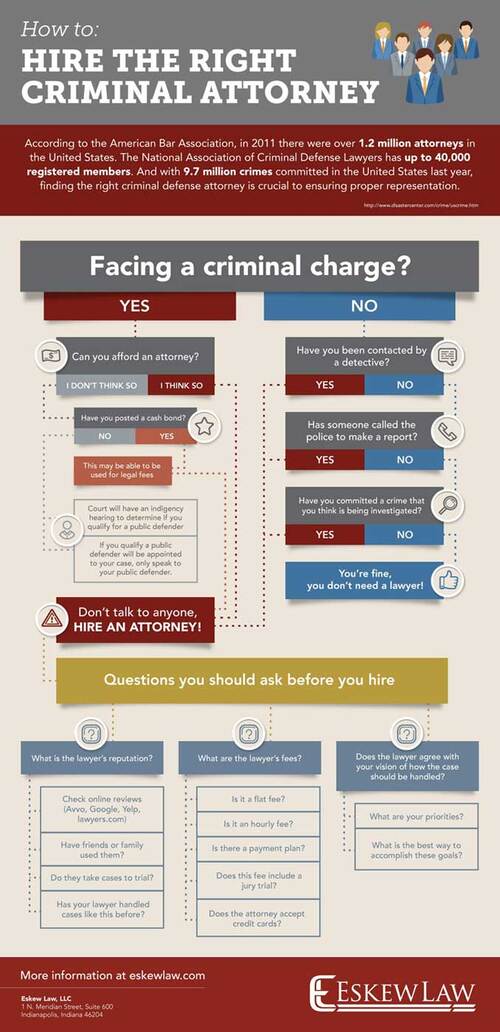The Value Of Evidence In Criminal Defense: Essential Insights You Should Consider
The Value Of Evidence In Criminal Defense: Essential Insights You Should Consider
Blog Article
navigate to this web-site By-George Bright
When you consider criminal protection, evidence is typically the first thing that comes to mind, and for good factor. It's the structure whereupon your instance stands, forming the story and influencing the court's assumption. Different types of evidence, from physical to electronic, each play a distinct role in developing a defense. But not all evidence is treated just as; admissibility standards can make or damage your protection method. Recognizing these subtleties is crucial, especially when taking into consideration exactly how they can affect the end result of a trial. So, what should you know about these requirements?
Kinds of Proof
When it involves criminal defense, recognizing the kinds of proof can make all the distinction in your instance. Proof falls under numerous classifications, each playing a vital function in establishing the facts of your scenario.
One usual type is testimonial evidence, which includes declarations made by witnesses. Their accounts can give understanding into what took place and can either sustain or challenge the prosecution's cases.
Physical proof is one more crucial kind, incorporating concrete items like weapons, clothes, or fingerprints. This kind of proof can directly link you to a criminal activity or help disprove claims versus you.
Then there's documentary evidence, which includes documents, pictures, or any type of written materials essential to your situation. These papers can provide a timeline or context that's vital for your protection.
Finally, you can not ignore electronic proof, which includes data from smart devices, computer systems, or social media. This type of proof can disclose crucial details about your activities or communications.
Admissibility Standards
In criminal defense, the admissibility of evidence is essential to your situation's result. You'll need to understand the criteria that establish whether evidence can be utilized in court. Typically, evidence should be relevant, reputable, and acquired lawfully to be thought about admissible.
Importance indicates the evidence has to straight associate with the instance and aid verify or negate a fact at issue. If it does not link to your defense or the fees against you, it might be excluded.
Reliability guarantees that the evidence is legitimate and trustworthy; for instance, eyewitness testament can be called into question if the witness has a background of undependable accounts.
Furthermore, evidence needs to be gathered based on legal procedures. Any type of proof obtained through unlawful methods, such as an unlawful search or seizure, may be regarded inadmissible under the exclusionary rule.
Comprehending these standards can equip you to function properly with your attorney. They'll browse the intricacies of these rules to enhance your defense, making sure just the most effective evidence exists in your favor.
Always bear in mind, the admissibility of evidence can significantly influence the jury's assumption of your situation.
Impact on Defense Approaches
The admissibility of evidence directly shapes your defense strategies. When mouse click the following web site is considered admissible, you can utilize it to construct a solid situation. On the other hand, if evidence is ruled inadmissible, you need to pivot your method. Recognizing what evidence the prosecution can offer helps you expect their disagreements and prepares you to counter them successfully.
You'll intend to concentrate on gathering evidence that sustains your protection. This could include witness declarations, professional testament, or documents that difficulty the prosecution's claims. The objective is to produce affordable question in the minds of the jurors. If specific pieces of evidence are weak or controversial, you may think about a method that emphasizes various other strong aspects of your case.
Moreover, the type of evidence-- whether it's forensic, testimonial, or digital-- will certainly dictate how you connect your protection. You'll need to craft compelling narratives that resonate with the jury while making use of acceptable proof to back up your cases.
Ultimately, your technique should be flexible, enabling you to adjust as new proof emerges or as judgments are made. Each decision you make must line up with the objective of ensuring the most effective feasible end result for your instance.
Verdict
In criminal protection, proof plays a critical function fit your situation. By comprehending the various sorts of proof and their admissibility requirements, you can enhance your defense approach and produce sensible doubt in the minds of jurors. Working together very closely with your lawful advice makes sure that your evidence exists successfully and adjusts to any type of new developments during the trial. Inevitably, the appropriate proof can make all the distinction in attaining a favorable end result.
